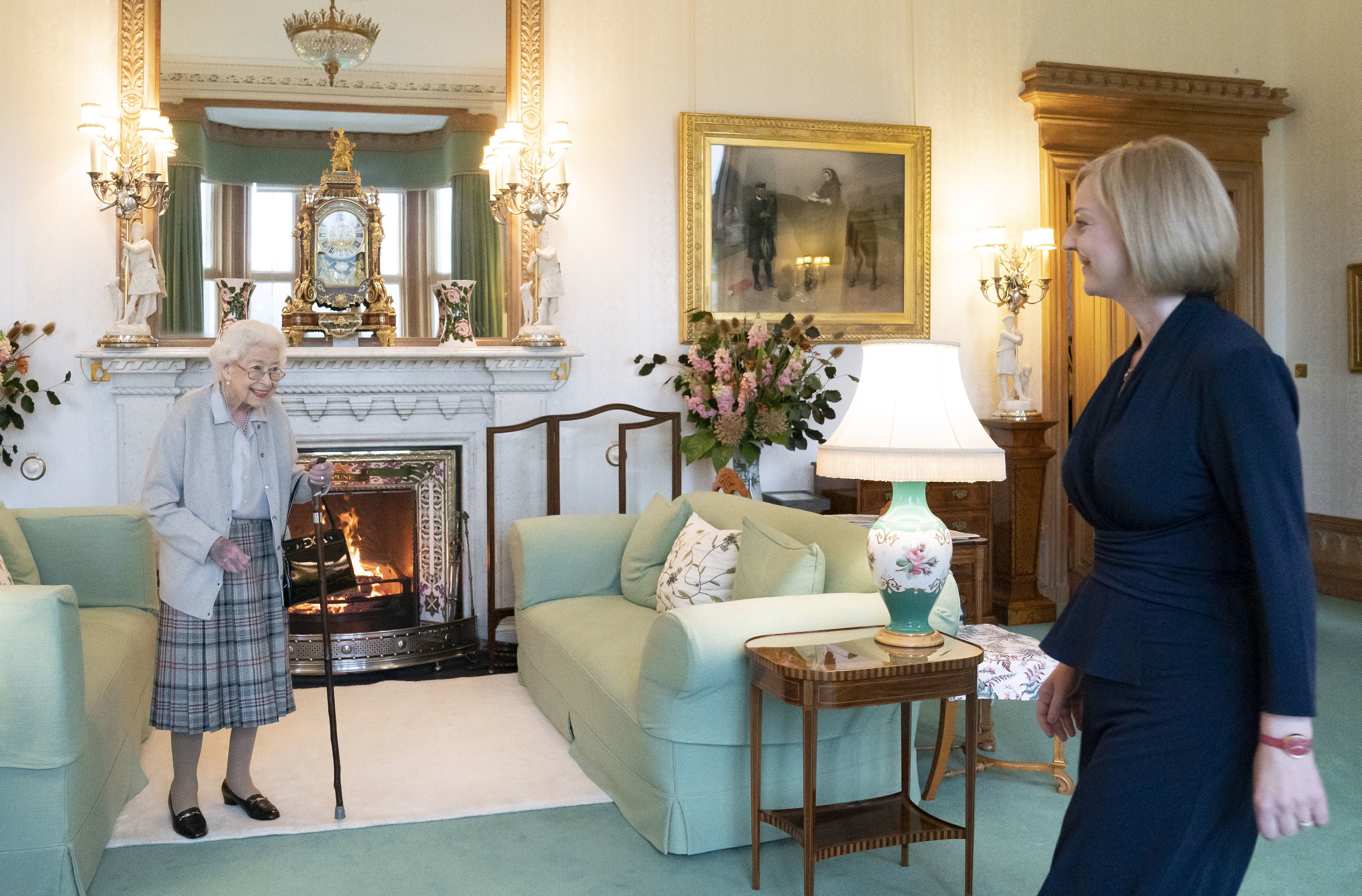NHS England could see energy bills rise ‘from £600m to over £2bn’ without help, Truss warned
Slow progress on improving energy efficiency in the public sector estate has meant it faces ‘extraordinary bills’ this winter
Your support helps us to tell the story
From reproductive rights to climate change to Big Tech, The Independent is on the ground when the story is developing. Whether it's investigating the financials of Elon Musk's pro-Trump PAC or producing our latest documentary, 'The A Word', which shines a light on the American women fighting for reproductive rights, we know how important it is to parse out the facts from the messaging.
At such a critical moment in US history, we need reporters on the ground. Your donation allows us to keep sending journalists to speak to both sides of the story.
The Independent is trusted by Americans across the entire political spectrum. And unlike many other quality news outlets, we choose not to lock Americans out of our reporting and analysis with paywalls. We believe quality journalism should be available to everyone, paid for by those who can afford it.
Your support makes all the difference.NHS England could see its energy bills rise from £600m to over £2bn this year, the climate change committee has warned, as it calls on the government to do more to tackle the crisis.
In a letter to the new prime minister, Lord Deben, chair of the committee, and Sir John Armitt, chair of the National Infrastructure Commission, warn slow progress on improving energy efficiency in the public sector estate has meant it faces extraordinary bills this winter.
In order to achieve energy security and reduce the UK’s vulnerability to volatile fossil fuel prices, the independent government advisers urged Liz Truss’s government to develop “credible” policies to improve energy efficiency in buildings, and to increase and speed up investment to reduce energy use.
They estimate that at least 15 million homes require energy efficiency improvement and advised the new government to ensure all owner-occupied homes reach minimum standards, through improved insulation, double glazing and other measures by 2035. They want the private rented sector to meet the same standard by 2028, and said policies to increase efficiency standards for businesses should be finalised.
Earlier this year, the climate change committee said there was a “shocking gap” in policy for better-insulated homes, and despite government programmes in 2012 supporting the installation of more than 2.3 million insulation measures a year, last year only 93,500 improvements were made.
“The government lacks credible long-lasting policies to improve energy efficiency in UK buildings,” Lord Deben and Sir John say in the letter. “The stop-start nature of energy efficiency policy is hampering development of the supply chain.”
With energy bills in the UK spiralling and the price cap set to top £3,500 in October unless Ms Truss steps in, the advisers say addressing the country’s dependency on fossil energy is the best solution to the energy and climate crises.
Ms Truss has previously signalled her support for new offshore gas fields and fracking in the UK, but the advisers warn that while increasing domestic production of fossil fuels may improve energy security, domestic gas reserves are “too small” to meaningfully impact the prices faced by consumers, they say.
“By doubling down on efforts to end our dependence on gas we can lower consumer energy costs and make meaningful contributions towards combatting climate change,” they say.

Beyond increasing insulation, the two chairs advise Ms Truss’s government to provide an energy advice service to help the public understand how they can reduce energy use. They also say the government should push low carbon heating systems, such as electric heat pumps, and make use of new auctions for onshore wind and solar contracts.
In her first speech as prime minister, Ms Truss promised to take action this week to “deal with energy bills” and secure the UK’s future energy supply. A government source confirmed on Tuesday that would include a price freeze that could see annual bills capped around the £2,500 mark.
The government advisers’ suggestions come as Offshore Energies UK, which presents the offshore energies industry, has called on the government to accelerate investment in North Sea gas, oil and wind to build energy security. The industry body said there was a risk of supply shortages this winter, noting that there had already been capacity notices issued by the national grid this summer raising concerns for the months ahead.
In a new report published Wednesday, the body estimates that the UK’s surrounding seas still contain energy reserves equivalent to 15 billion barrels of oil which they say is enough to fuel the UK for 30 years.
“Our North Sea reserves mean the UK can protect itself – provided we invest – as well as building the low-carbon systems for the future,” said Offshore Energies UK acting CEO, Mike Tholen. “In practical terms we need the new government to rapidly announce the next round of oil and gas exploration licences and speed up production approvals.”
The industry representatives are also calling for reforms to market tariffs so that the price of gas no longer dictates the cost of all electricity – whether generated from gas or not.

Asked about the International Energy Agency’s findings last year that new fossil fuel projects should be abandoned if the world is to reach net zero emissions by 2050, Offshore Energies UK said it was no longer a realistic scenario.
“If we were in this position with no new oil and gas fields in the UK, in Norway, in America, in Australia and other places around the world, we would be in a quite awful situation compared to what we are even in,” Offshore Energies UK market intelligence manager Ross Dornan said in a press briefing.
“We didn’t think it was good advice at the time,” he added. “What’s happened in the last six months has reinforced that even further.”
Earlier this year, the climate change committee said “stringent tests” should be applied to any new exploration licences for oil and gas drilling in the North Sea, but said any new decision must be taken by ministers.




Join our commenting forum
Join thought-provoking conversations, follow other Independent readers and see their replies
Comments